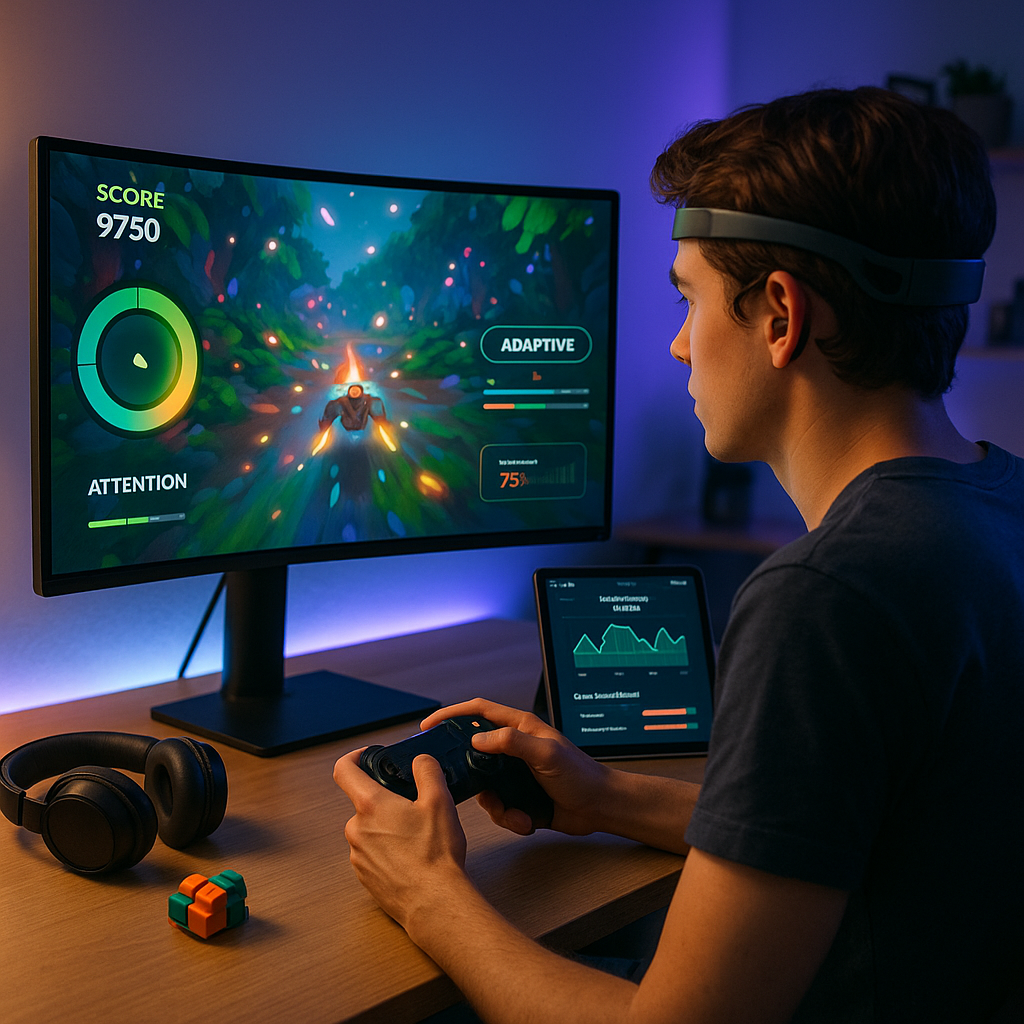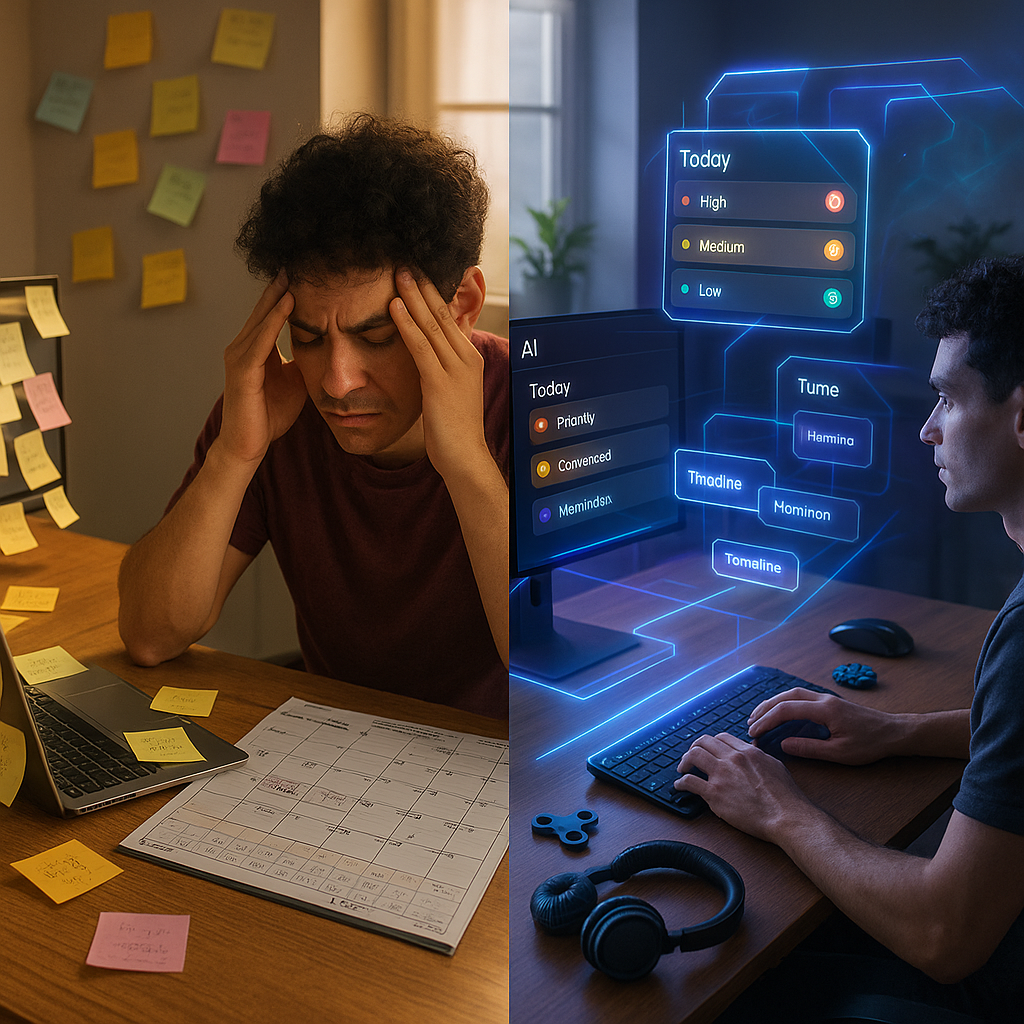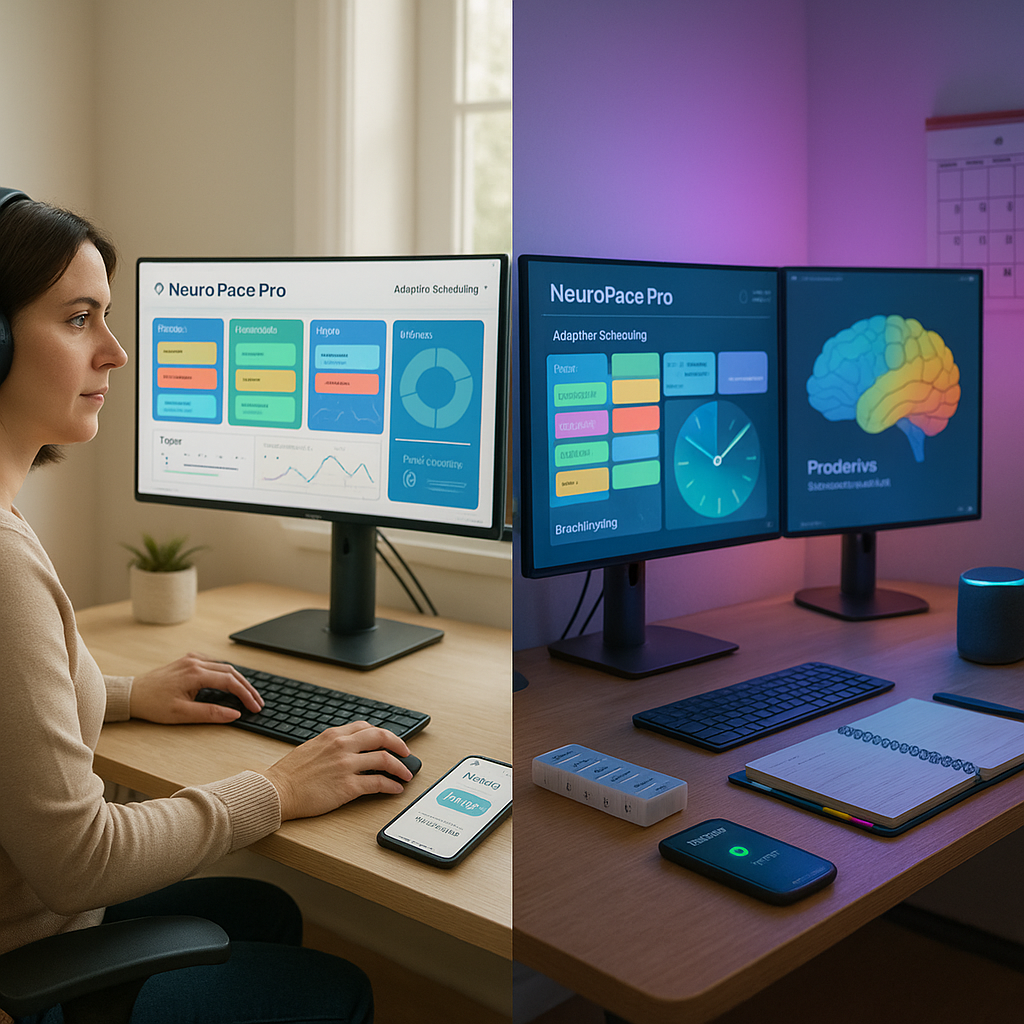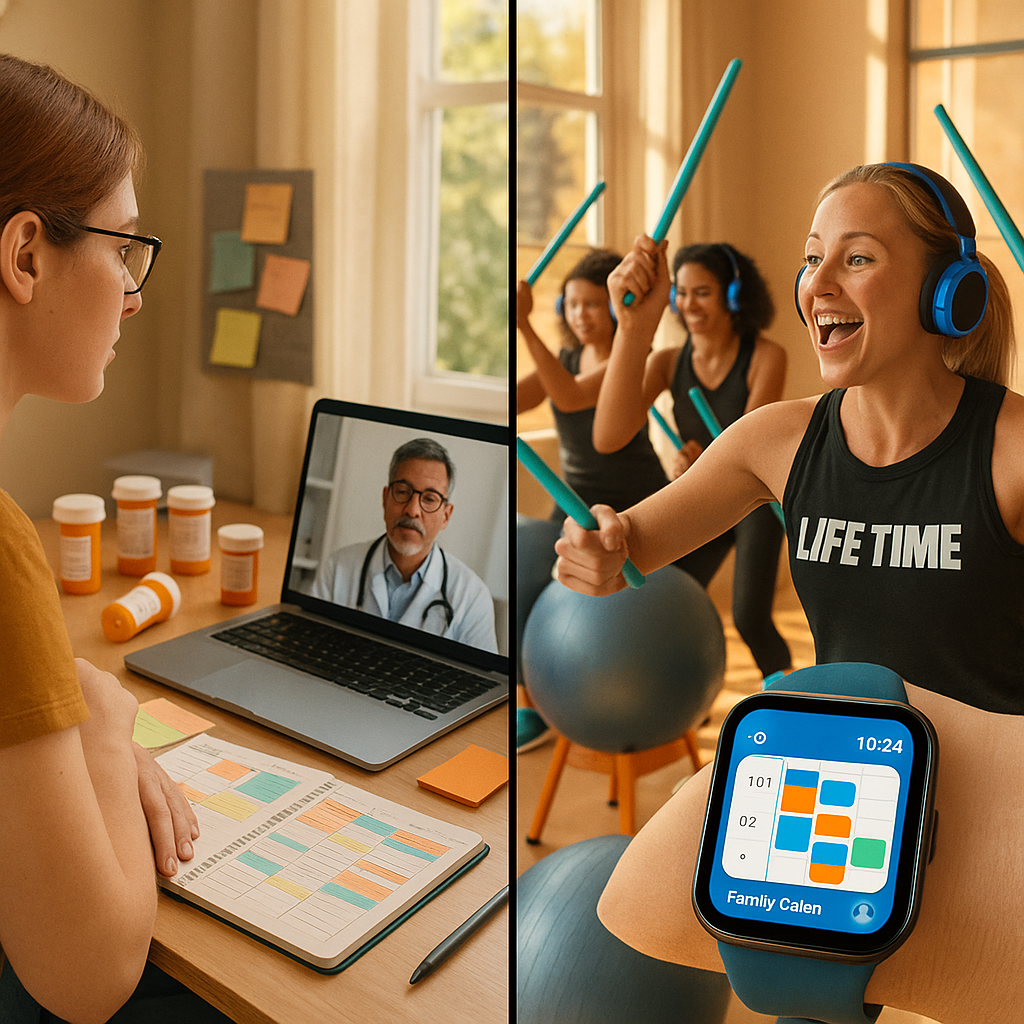Key Takeaways
- Adaptive video games are meeting ADHD needs by using real-time feedback to adjust challenges and rewards for each player’s attention patterns.
- Early trials show measurable benefits, including increased engagement, improved task persistence, and reduced overwhelm among neurodivergent users compared to conventional apps.
- Developers are focusing on integration with daily routines, making support tools as frictionless and enjoyable as possible for busy adults.
- Tech start-ups led by neurodivergent entrepreneurs are driving innovation, combining lived experience with AI-driven solutions.
- Next steps include larger clinical trials and expanded collaborations with ADHD advocacy groups to increase access and validate long-term impact.
Introduction
Personalized video games designed for the unique wiring of ADHD brains are emerging as innovative support tools. Early pilot programs and neurodivergent-led startups are unveiling adaptive, engaging experiences tailored for everyday routines. By shifting away from one-size-fits-all solutions, these dynamic games are enabling adults to boost focus and motivation. This opens the door to sustainable self-management and digital mental health support.
The Evolution of Personalized Gaming for ADHD
Gaming companies are creating sophisticated new titles that adapt in real time to individual ADHD play patterns. These games utilize artificial intelligence to monitor attention levels, adjust difficulty, and provide personalized feedback throughout gameplay.
A major milestone came in 2020 when Akili Interactive’s EndeavorRX became the first FDA-cleared video game treatment for ADHD. This approach combines engaging gameplay with clinically validated cognitive training.
Neuroscience research has identified specific mechanics, such as dynamic difficulty adjustment, variable reward timing, and clear progress tracking, that align with the ways ADHD brains process information and maintain motivation.
How Adaptive Gaming Works
Modern ADHD-focused games monitor player behavior using data points like reaction time, accuracy, and engagement patterns. The software uses these metrics to develop individual player profiles (which evolve as gameplay continues).
Key adaptive features include:
- Automatic difficulty scaling based on focus levels
- Customizable visual and audio environments
- Built-in breaks and recovery periods
- Immediate feedback systems
- Flexible goal structures that adjust to player energy
According to Dr. Sarah Chen, lead designer at Neurotech Gaming, the industry is moving beyond one-size-fits-all solutions to create games that respond to each player’s unique needs.
Real-World Impact and User Experiences
Professional software developer Marcus Wong has reported significant improvements in his work focus after introducing adaptive games into his daily routine. Wong stated that these games act as tools working with his brain, not against it.
Early adoption in workplace settings has shown promising results. Companies offering ADHD-friendly gaming breaks observed 23% higher task completion rates among neurodivergent employees, based on a recent study by the Neurodiversity at Work Foundation.
Community feedback underscores the value of gaming as a strength-based support tool. Many players say adaptive games help them understand their own attention patterns and create personalized focus management strategies.
Current Market and Development Trends
Investment in neurodiversity-focused gaming reached $450 million in 2023, signaling increasing market recognition of ADHD-specific needs. Major gaming studios now collaborate with neuroscience researchers to design more advanced adaptive systems.
Independent developers are creating targeted solutions that address challenges such as time management, task initiation, and context switching. These are all areas where conventional productivity tools often struggle.
This shift toward neurodiversity-inclusive design is attracting attention from workplace wellness programs and educational institutions. Corporate training departments are especially interested in how these tools can enhance support for neurodivergent employees while boosting team performance overall.
Conclusion
Personalized video games are reframing ADHD as a strength by offering practical tools that address real-world focus challenges. Growing investment from studios and researchers highlights a promising future for empowering, neurodiversity-friendly technology in both work and learning contexts. What to watch: new game releases and expanded workplace pilots as demand for adaptive solutions continues to increase.





Leave a Reply